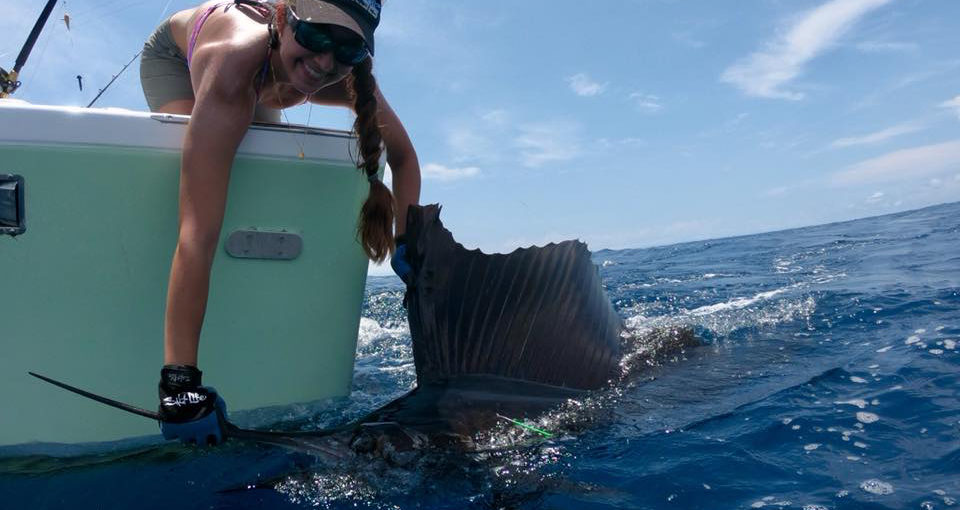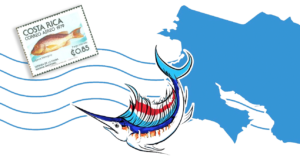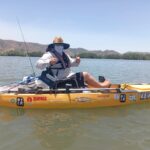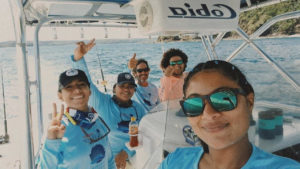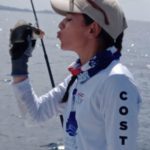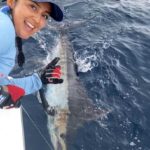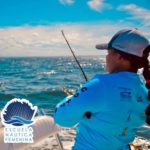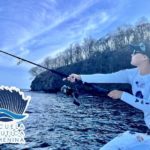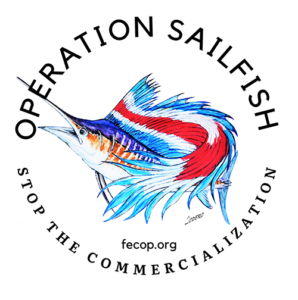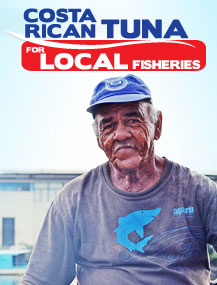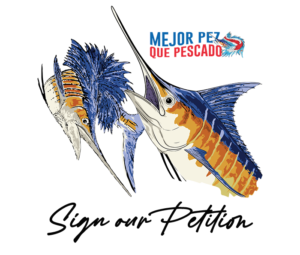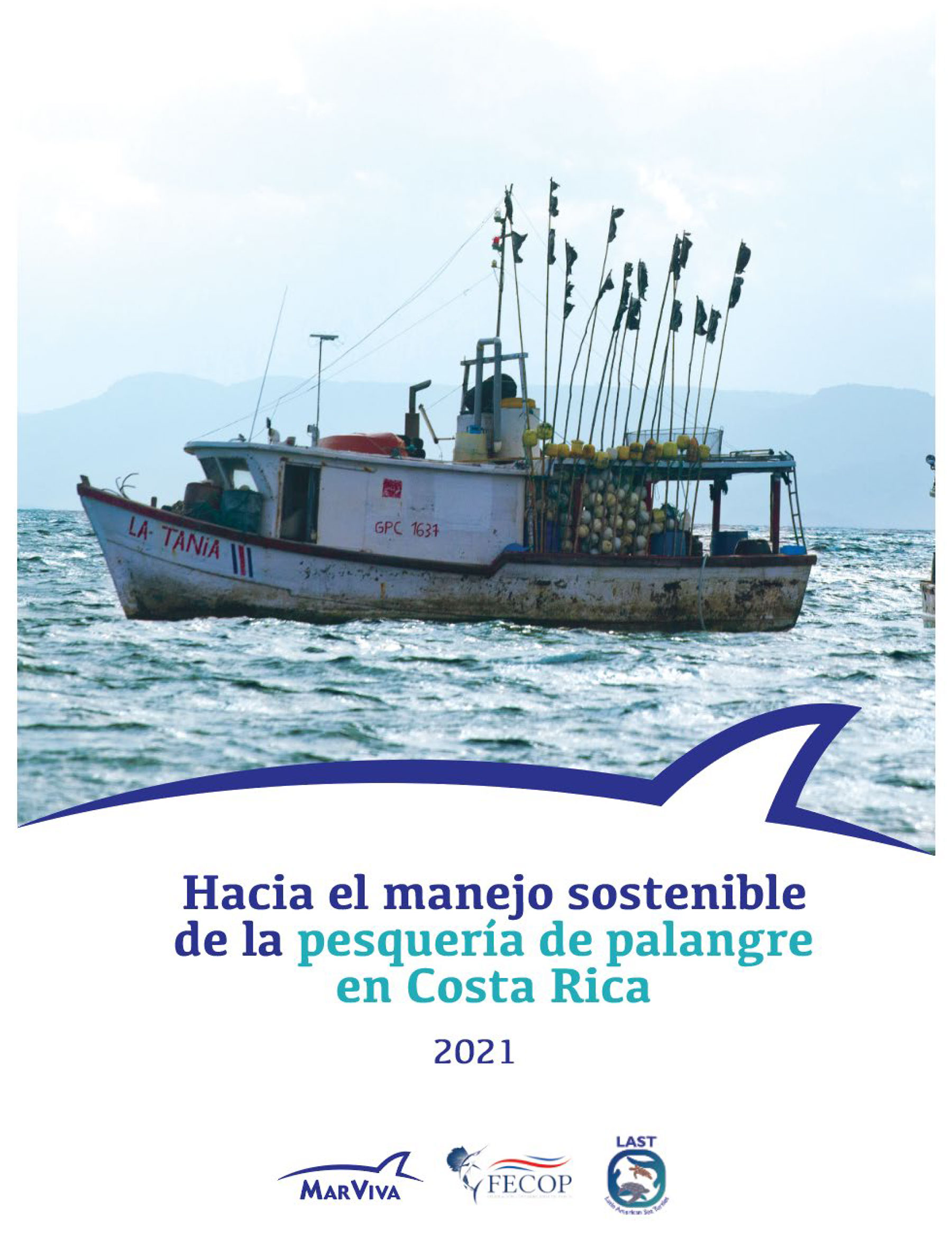Costa Rica Sustainable Fishing Check List
Help FECOP keep Costa Rica’s fisheries healthy! Ask your fishing lodge or charter if they employ the following sustainable fishing practices.
One of our (FECOP’s) primary goals is protecting sport fishing species or fish of tourism interest as they play an important role in Costa Rica’s economy. Although fighting large-scale, often times illegal commercial fishing operations is where we focus a lot of our energy, sustainable fishing starts with the sport fishing operations themselves, on charter boats and with the overall culture created by the fishing resort or captains. Maintaining sustainable fishing practices on both coasts, charters and lodges is key in keeping Costa Rica’s sport fishing populations healthy and ready for visiting anglers.
Catch and Release – All billfish (sailfish and marlin) and roosterfish are catch and release by law in Costa Rica and the fine is around 2 Million Colones or about $3400. Make sure the lodge or charter you are fishing with supports catch and release fishing for all billfish species (and roosterfish).
We also recommend releasing as many resident reef fish as you can. If you need to take one for the dinner table please avoid large pregnant females and or juvenile species. There is a five fish limit per boat take only what you plan to eat and release the rest.
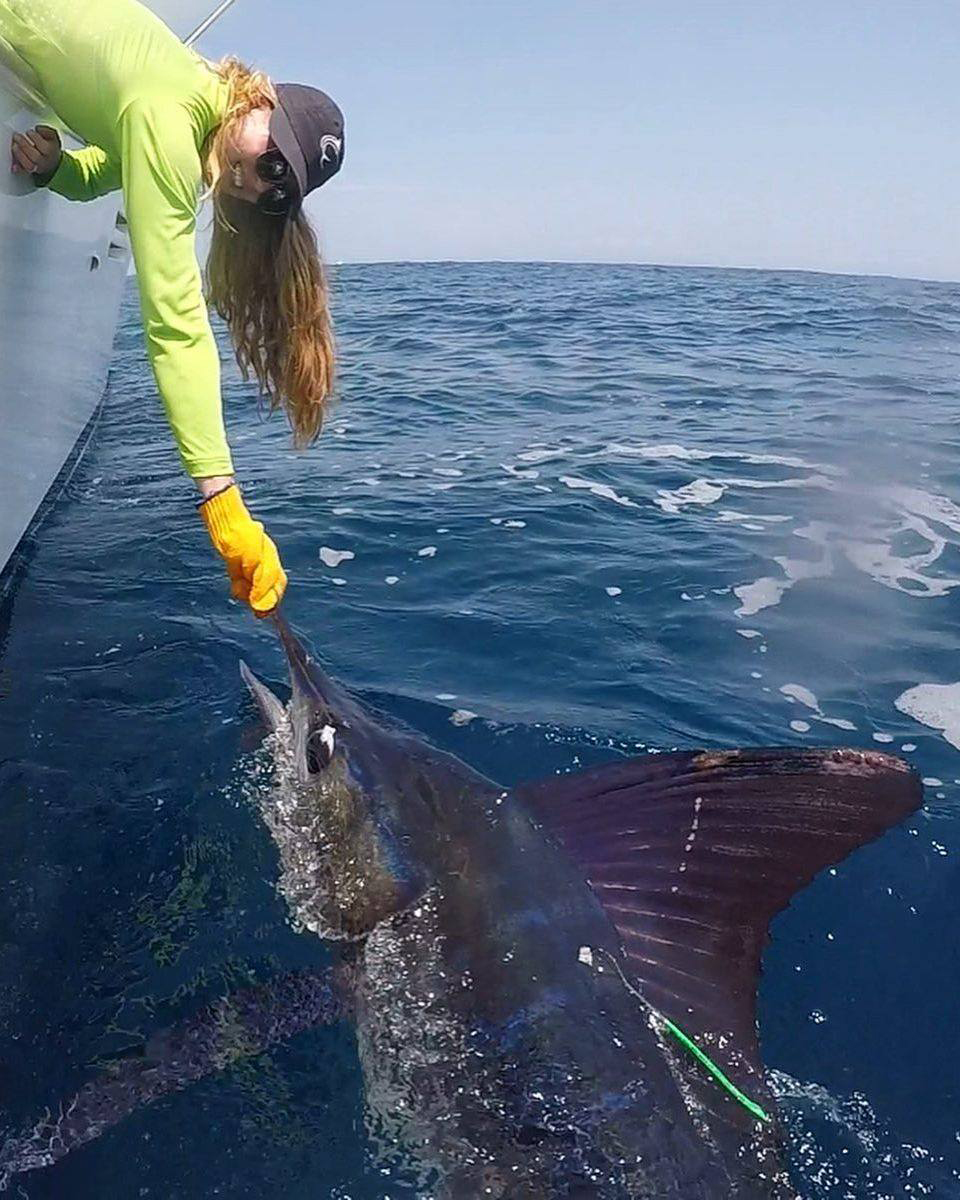
It’s ok to get a photo with a billfish. Just be sure to leave the fish in the water and lean over the edge of the boat for the photo and release quickly.
Circle Hooks – If you are fishing live bait, circle hooks are required by law. Circle hooks are designed to catch the fish in the corner of it’s mouth thus protecting the post catch survival rate of the fish. Many people also switch out hooks on their artificial baits as well although it is not required by law.
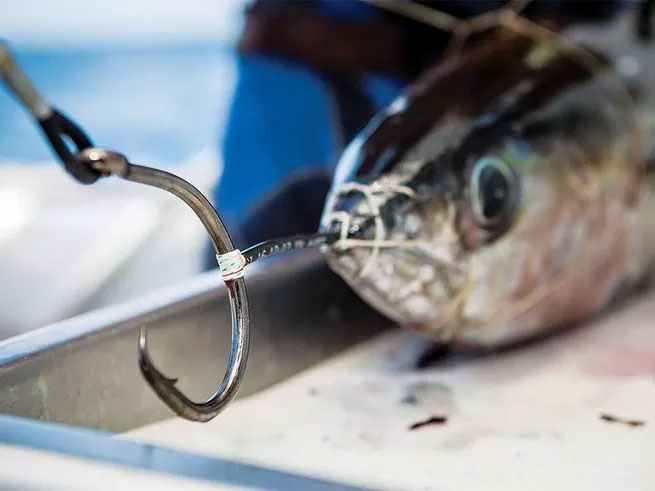
Leave the Billfish in the Water – Hero shots or photos with the billfish out of the water, across the lap of the angler, with the dorsal fin spread is ILLEGAL. It also comes with a hefty fine if you’re caught. Removing the billfish from the water removes important slime from the fish and being out of it’s buoyant environment puts a “crushing” force on it’s internal organs. Post catch survival rate is greatly decreased by removing the fish from the water.
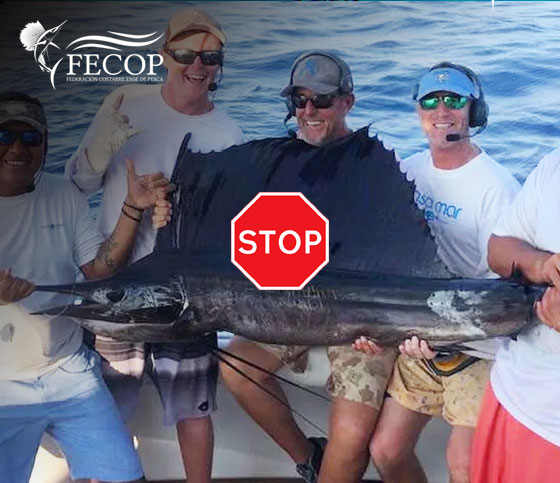
Five Fish per Boat Limit – Whether you agree with it or not, it’s the law. At the end of the day this catch limit helps ease pressure on the fishery. The catch number does not fluctuate based on number of anglers.
Licensed Boats and Captains – Make sure your fishing captains and boats are legal to fish in Costa Rica. Safety comes first.
Get a Fishing License – Each angler is required to have a fishing license which the captain will keep on board. Most lodges and charters include fishing licenses in your package price, but it is good to double check. The Coast Guard does occasionally board and check boats. You can purchase a fishing license on-line here
Tagging Fish – Many charters and lodges work with groups that tag billfish to help better understand and protect their populations. We recommend choosing an operation that offers the option to tag and name your fish – Most work with Gray FishTag Resesarch and will give you a certificate for tagging your fish and add its name to a scientific research database
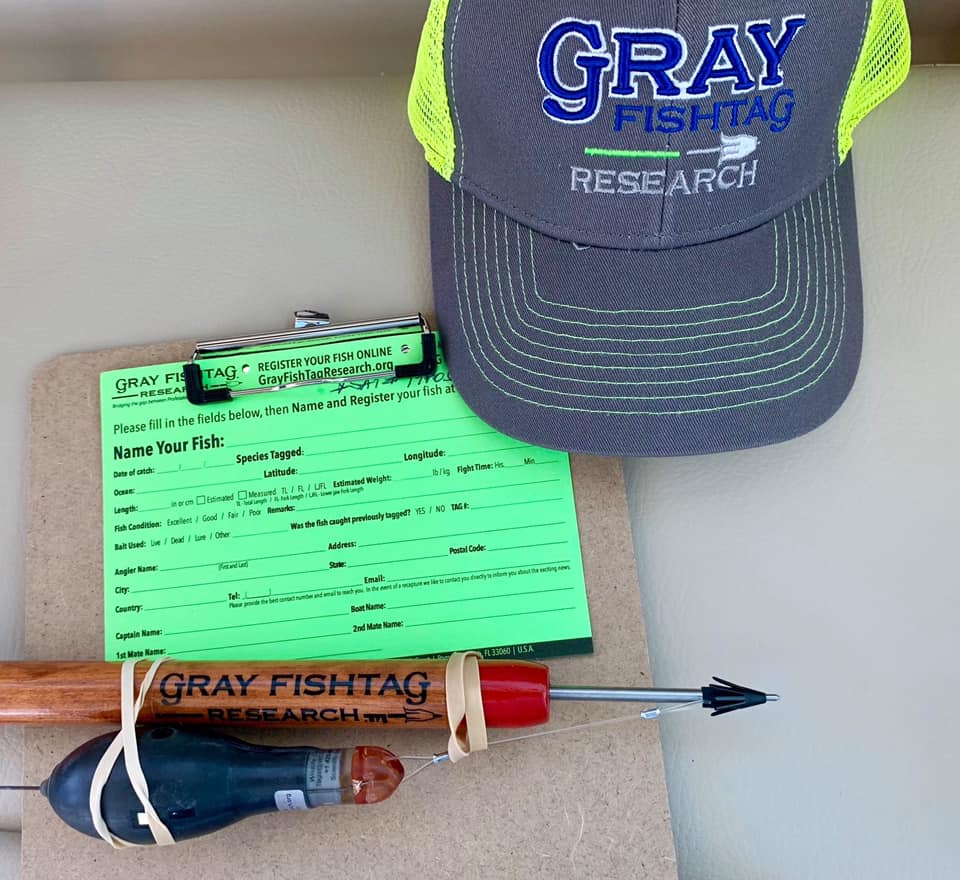
Safety Equipment – Make sure your boat is equipped with safety equipment including life jackets (personal flotation devices), emergency radio, first-aid kit, fire extinguishers, signaling device and an ample water supply.
- Medical kit for cuts, scrapes, seasickness or small emergencies
- Anchor with line to hold your boat in place while you wait for help to arrive
- Bailing device or bucket to dewater and stay afloat
- Oars or paddles if the engine quits
- Cellphone to call for help
- VHF radio to call for help
- Knife to cut a line around a fouled propeller
- Snorkel mask to inspect what’s going on under the boat
- Heavy duty flashlight
- Skier or diver down flag
- Working running lights if your boat is equipped with them
- A way to get weather updates because things can change quickly
You May Also Like
A Billfish Anglers Guide to Costa Rica
Tips and Tricks – How to Take Stunning Photos of Sailfish and Marlin
About the Costa Rica Sport Fishing Federation
Costa Rica Fishing Laws and Regulations
Subscribe to Our Mailing List
[yikes-mailchimp form=”1″]

